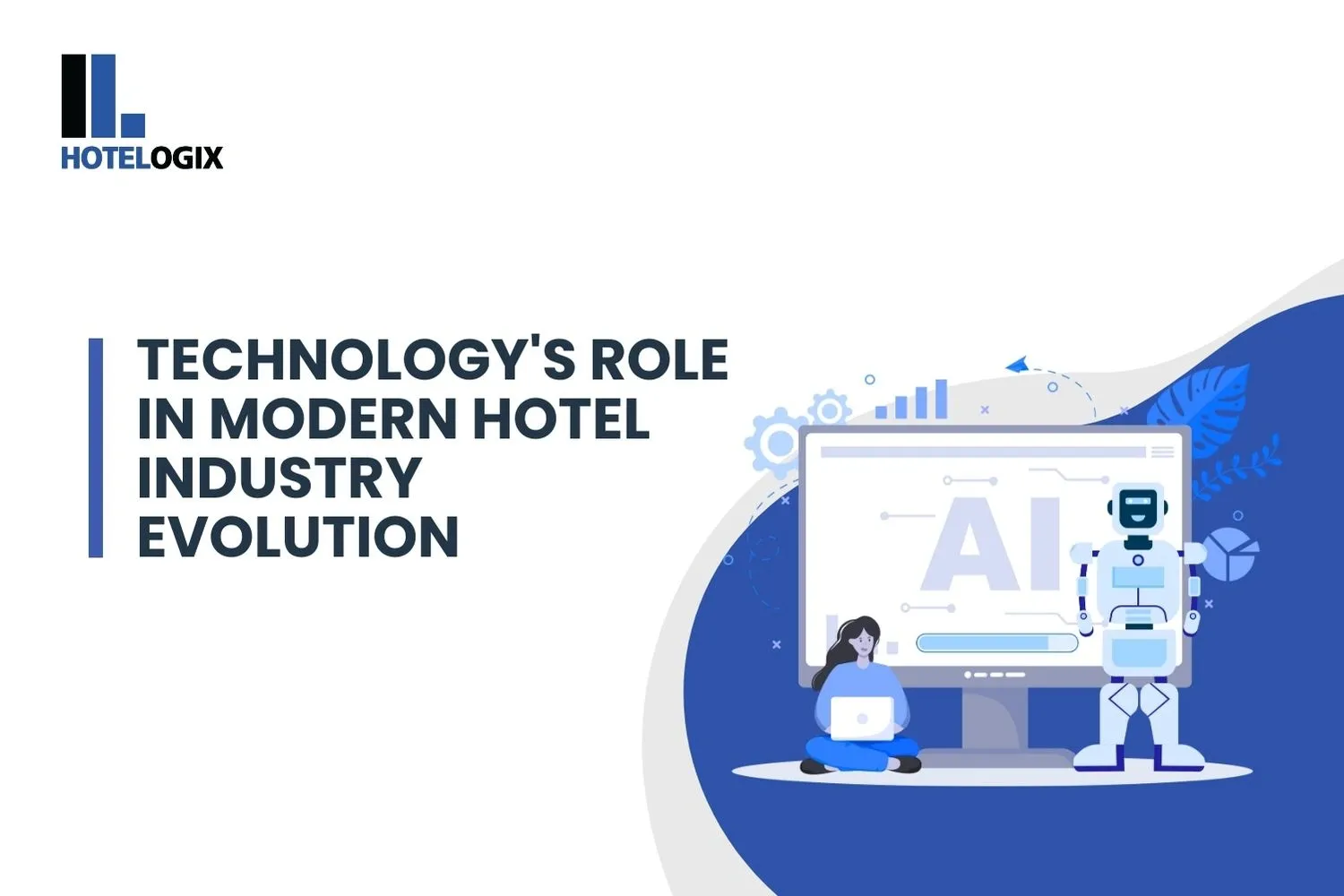Technology is Changing the Way Hotels Work
Technology plays an important role in every business today, and the hotel industry is no different. From small guest houses to big hotel chains, every property uses some form of technology to run their daily operations. Whether it’s for taking bookings or keeping guests happy, technology has become a must for modern hotels.
With the rise of the internet, the way hotels operate has changed completely. From online bookings to guest reviews and social media promotions — technology is helping hotels increase sales and build better guest relationships.
Online Bookings: A Game-Changer for Hoteliers
Earlier, guests used to call or walk in to make bookings. Now, most guests book online. Thanks to websites like Booking.com, Expedia, Agoda, and many others, hoteliers can now sell their rooms to guests sitting in any part of the world.
Some helpful tools for online bookings include:
- Channel Managers – Help hoteliers manage room availability and rates across online travel agencies (OTAs).
- Review Sites – Websites like TripAdvisor help new guests decide where to stay, based on past guest feedback.
- Web Booking Engines – Added to hotel websites to allow direct bookings without commission.
- Metasearch Platforms – Sites like Trivago and Google compare prices from different sites and show the best deal.
Example: In 2011, one-third of hotel bookings in Europe were made online. Today, that number is even higher, especially in growing markets like India and Southeast Asia.
Even if some hoteliers are still unsure about online bookings, many now agree that having a presence on the internet and promoting the hotel online helps bring more business.
Mobile is a Must in Today’s Hospitality

Nowadays, guests want everything on their phone — room bookings, check-ins, and even service requests. Hoteliers who understand this are already ahead of the game.
Some mobile tools used in hotels:
- Mobile Check-in/Out – Guests can skip the front desk and go directly to their room.
- Digital Room Keys – Guests can open their room with their smartphone.
- SMS/WhatsApp Alerts – For reminders, offers, or check-out updates.
- Location-Based Marketing – Hotels can send offers to guests nearby.
- Guest Services App – Helps guests request services, amenities, or information with just a few taps.
Tip: Make sure your hotel website works well on mobile phones. Many bookings happen from phones these days.
In-Room Guest Experience is Getting Smarter

Technology is not just for operations — it’s also used to give guests a better experience inside their rooms.
Modern hotel rooms now offer:
- Keyless Room Entry – Guests use their phone instead of a key card.
- Smart Controls – Guests can control the AC, lights, or TV using a remote or mobile app.
- In-room Tablets – For ordering food or requesting services.
- Streaming Services – Guests can watch Netflix or YouTube on the room TV.
These features help make guests feel more comfortable and in control — which leads to better reviews and repeat stays.
Real-Time Communication = Better Teamwork
Hotels run smoothly when all departments work together. Technology helps staff communicate in real-time and avoid delays.
With a cloud-based PMS (Property Management System), hotel staff can:
- Leave notes for other departments (for example, airport pick-up for a guest)
- Get updates on tasks (for example, when housekeeping finishes cleaning)
- Track guest preferences
- Manage bookings and rates across all channels
This not only improves guest service but also reduces mistakes and saves time.
Data Helps Hoteliers Make Smarter Decisions
Running a hotel used to be about guesswork. But now, hoteliers can use data to make better business decisions.
A good PMS connected with reporting tools gives insights like:
- Room occupancy
- Best booking sources (OTA or direct)
- Guest feedback
- Revenue trends
- Competitor pricing
To make full use of this data, many hotels now pair their PMS with a revenue management system. This helps optimize pricing based on demand, season, and competitor performance — leading to better profits and higher occupancy.
Also, using a reputation management tool helps track online reviews and guest feedback in one place. You can monitor what guests are saying on review platforms and social media, and respond quickly. This helps build trust and shows that your hotel cares about service quality.
These reports and tools help you plan better, increase revenue, and serve guests more personally.
Multi-Property Management: Everything in One Place

Many hotel groups now operate multiple properties. Managing different properties from different systems becomes confusing and time-consuming.
That’s where multi-property & CRS (Central Reservation System) tools help. A central dashboard allows you to:
- View performance across all locations
- Share inventory and rates across properties
- Manage reservations from one screen
- Maintain consistent policies and branding
Whether it’s two hotels in one city or ten across different states, a centralized setup helps hoteliers manage smarter, faster, and with less staff. A good CRS also integrates with your booking engine and PMS to ensure nothing gets missed — even when handling bulk reservations or corporate accounts.
Don’t Forget the Basics: Information is Power
Sometimes, it’s easy to get lost in all the new technology. But at the heart of it, technology helps hoteliers share and receive information easily.
Guests can now:
- See hotel details (photos, amenities, timings) online
- Compare prices and read reviews
- Book directly from their phone
- Check-in without waiting at reception
This simple access to information builds trust and makes it easier for guests to choose your hotel.
Hotelogix: The All-in-One Hotel Management Software
With Hotelogix, you can:
- Manage your front desk, housekeeping, restaurant, and reservations from one system
- Control rates and inventory across all OTAs from a single screen
- Accept payments and bookings from your website and mobile
- Keep guest records and preferences in one place
- Get reports to understand your business better
- Handle multiple properties easily using a central reservation office
Hotelogix is cloud-based, so you can manage your hotel even when you’re not on the property. It helps reduce workload and improve guest service at the same time.
Final Thoughts: Move with the Times, Grow with Tech
Technology is no longer just a fancy add-on — it’s a must-have tool for running a successful hotel.
As a hotelier, here’s what you can do to grow with tech:
- Be present online (website, OTAs, Google)
- Make bookings easy for guests
- Use mobile tools to stay connected with guests
- Use a cloud PMS like Hotelogix to manage all hotel work
- Use a revenue management system to set smart prices
- Respond to feedback with the help of a reputation management tool
- Manage multiple properties with one system
A happy guest is your best advertisement — and today, technology helps you keep guests happy and operations simple.


